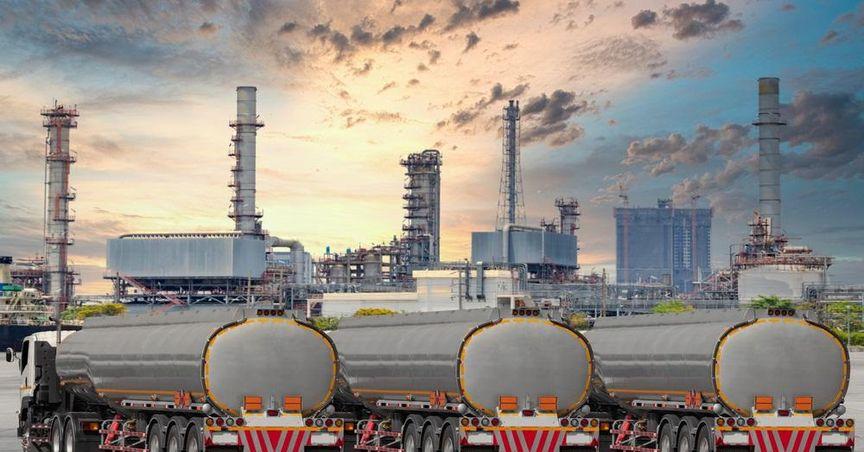Highlights
FM outlines six mitigation steps to manage lithium-ion battery risks in mining
Battery energy storage systems becoming integral to mine decarbonisation
ARENA-backed grid-scale projects accelerate sector-wide battery integration
Battery energy storage systems (BESS) are becoming a cornerstone of the mining sector’s transition to renewable energy, particularly among companies listed on the ASX 300. With the mining industry prioritising emission reductions and energy independence, lithium-ion storage is emerging as a critical solution. These systems are increasingly paired with solar and wind power to reduce diesel dependency and stabilise on-site energy supply.
However, as BESS deployments grow in scale and number, the safety risks have also become more apparent, prompting industry-wide efforts to manage hazards such as thermal runaway and fire events.
FM Underscores Importance of Safe Battery Deployment in Industrial Operations
FM Global's Operations Chief Engineer, Mike Hunneyball, recently issued a detailed risk management advisory aimed at supporting safe BESS deployment in mining operations. Citing the rising number of battery fires globally, Hunneyball emphasised the importance of proactive design and planning.
He recommended that lithium-ion battery systems be installed away from critical operational infrastructure and populated work areas to minimise the risk of widespread damage or operational downtime in the event of a fire. This site layout strategy aims to contain incidents and safeguard personnel.
Fire-Resistant Design and Strategic Placement Key to Risk Reduction
Beyond geographic placement, Hunneyball noted that constructing battery enclosures from fire-resistant materials such as steel, concrete, or brick can contain flames and prevent further spread. These materials help slow the progression of fires and offer emergency teams more time to respond effectively.
Further strategies include system separation, improved ventilation, integrated fire suppression systems, redundancy protocols, and consistent maintenance cycles. According to FM, these measures significantly reduce the severity of incidents and contribute to overall asset protection in heavy industries like mining.
BESS Supporting Decarbonisation and Grid Resilience
The broader energy sector continues to reinforce the relevance of BESS. Shell (LSE:SHEL) has reiterated the importance of batteries in supporting grid stability, especially as renewables expand their footprint across Australia. BESS not only supports on-site load management but also ensures resilience during peak demand or supply disruption.
Projects backed by the Australian Renewable Energy Agency (ARENA) highlight this shift, with grid-scale battery installations set to significantly boost the country’s storage capacity. These projects aim to form the backbone of Australia’s national electricity infrastructure by combining renewable energy sources with advanced storage capabilities.




